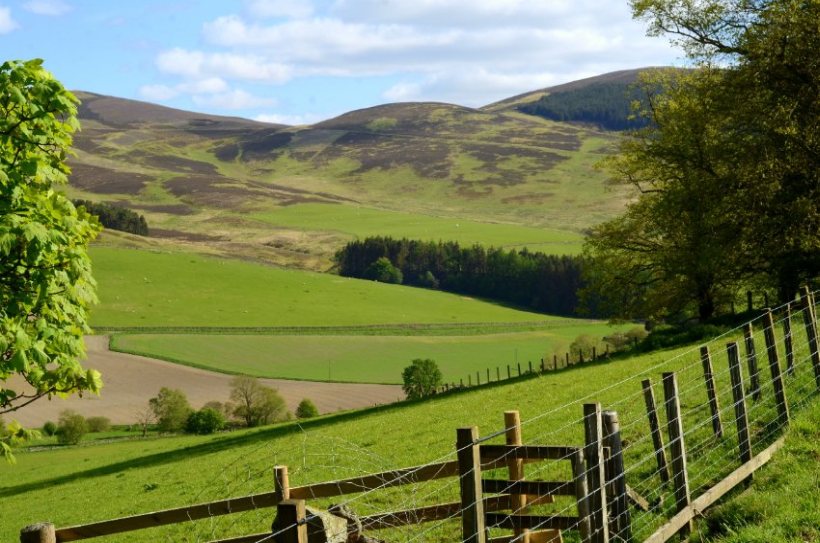
Smaller, marginal farms located in poorer areas of the UK could benefit most from private and public net zero funding streams, according to new analysis.
Postcode-level analysis of 25 constituencies in these areas found they already benefit disproportionately more from the current smaller government schemes to support environmental measures, securing proportionately 50% more funding.
The Energy and Climate Intelligence Unit (ECIU) analysis suggests they are well placed to benefit from private investment from companies keen to offset emissions, which could create a £700m a year market for storing carbon in vegetation and soils.
With public funding available for these kinds of measures set to increase to £2.4bn by 2028, this would mean a £3.1bn per year private and public sector funding opportunity.
These smaller, more marginal farms are struggling as costs for farming – such as the price of gas and chemical fertilisers - soar in the wake of the Ukraine crisis.
The government’s latest Farmer Opinion Tracker found that 80% of farmers think the new net zero farming system will be important to their businesses in the future.
Steps such as restoring hedgerows or planting more trees also help farms to store more water in times of drought or provide shade for livestock during heatwaves making farms more resilient, bolstering our food security.
Matt Williams, of the ECIU said this new private and public funding could be a 'lifeline' for more marginal farms seeking to diversify their revenues in tough times.
The research showed some of these farms were ahead of the curve in improving the way they look after soils, planting more trees and hedges, or cutting emissions, he said.
"This could help offset some of the rocketing costs they have been paying for gas and oil and for chemical fertilisers made from fossil fuels.
"Farming in a way that restores soil health and helps to limit climate change and extreme weather will underpin long-term food security. More shade for livestock could help to climate-proof farms against future heatwaves.
“But the money available from private carbon markets could be held back by a lack of clear rules creating a “wild west” that short changes farmers," Mr Williams said.
"Likewise, many farmers feel the government’s new farming system is coming too slowly, with a lack of detail holding them back from shifting to net zero practices.”
The analysis by ECIU looked at 25 constituencies across England that overlap with the areas of greatest potential for carbon storage.
In these areas, farms on average receive 21% of their subsidy in the form of payments in return for environmental measures. Across England as a whole the average is just 14%.
